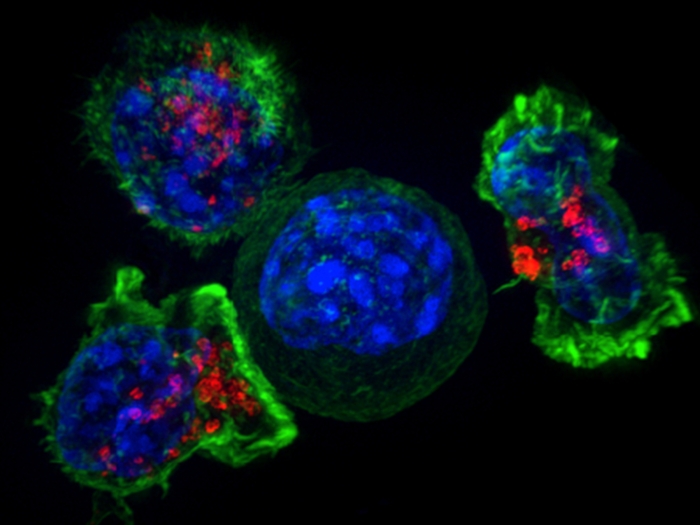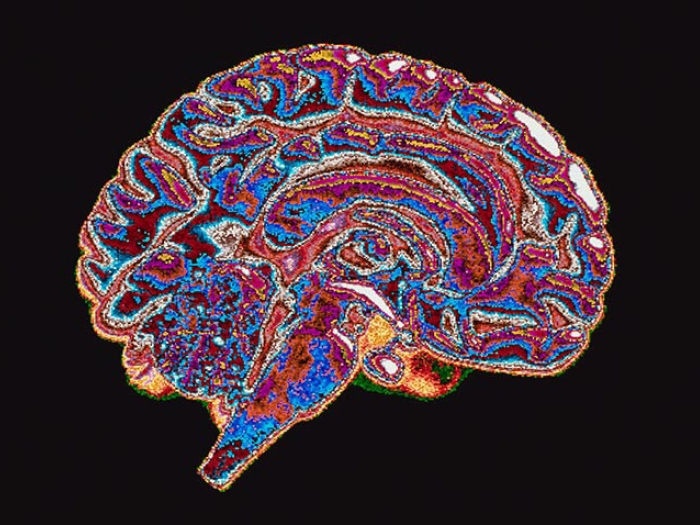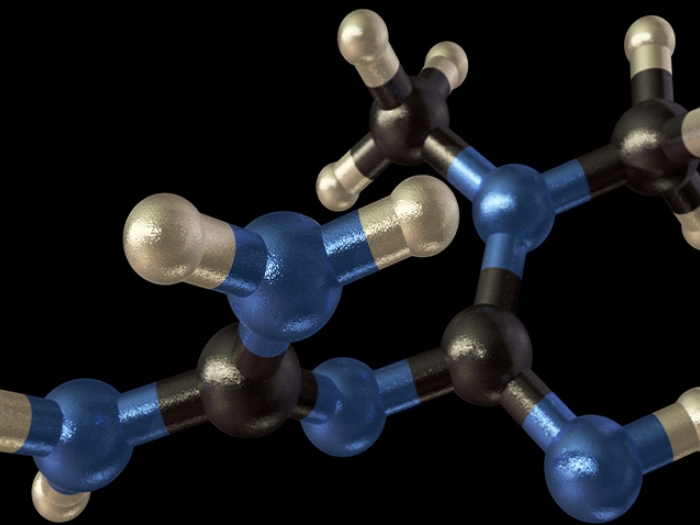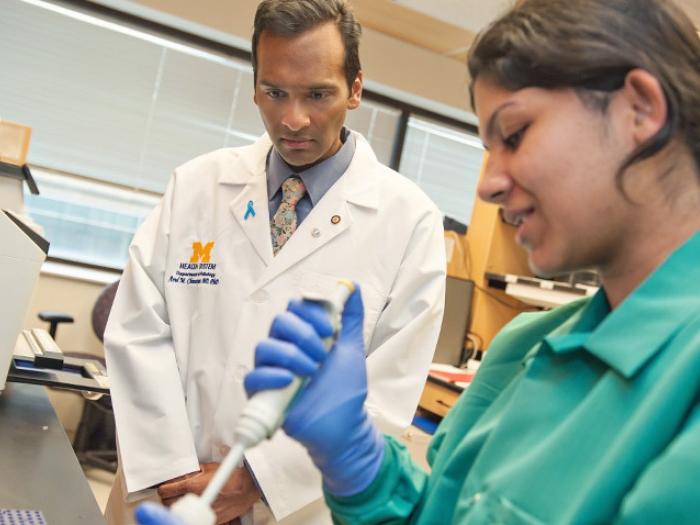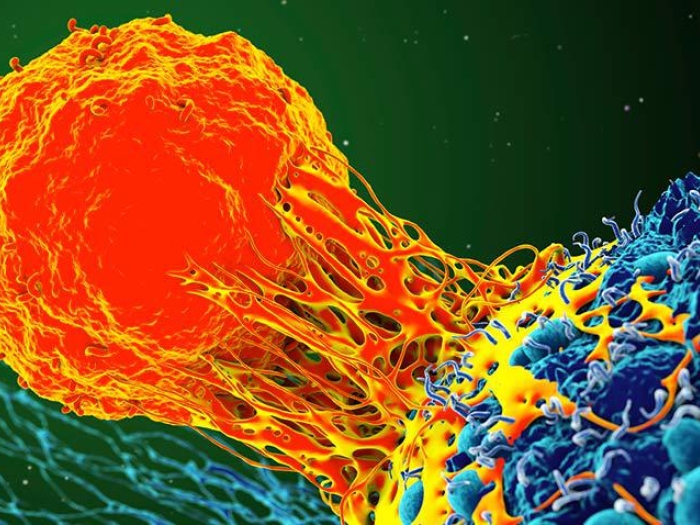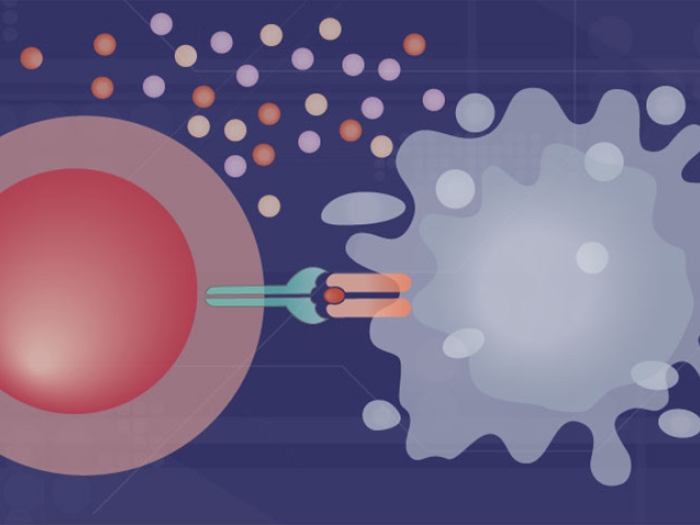Members of the U-M Rogel Cancer Center continue to push the boundaries of cancer prevention, diagnosis and treatment.
5:00 AM
Author |

Every day of the year, scientists at the University of Michigan Rogel Cancer Center conduct research to deepen our understanding of cancer and to improve care for cancer patients.
"This year Rogel Cancer Center researchers have continued to illuminate new aspects of cancer biology, move promising drug discovery projects toward the clinic and analyze outcomes data to improve care delivery," says Director Eric Fearon, M.D., Ph.D., Emanuel N. Maisel Professor of Oncology at Michigan Medicine. "We are home to more than 340 faculty members drawn from 53 academic departments across nine schools and colleges at U-M. I'm extremely proud of all of their work on behalf of our patients and survivors and others across the globe whose lives will one day be touched by cancer."
LISTEN UP: Add the new Michigan Medicine News Break to your Alexa-enabled device, or subscribe to our daily updates on iTunes, Google Play and Stitcher.
Fearon stressed that these discoveries wouldn't be possible without the ongoing support of federally funded agencies including the National Cancer Institute and National Institutes of Health, as well as the support of organizations like the American Cancer Society and generous philanthropic funding.
"It's important to understand that breakthroughs in cancer don't happen in a vacuum and, in fact, require substantial societal investment," he adds. "We are grateful to all of the organizations and individuals who make these forward strides possible."
Breakthroughs in cancer don't happen in a vacuum and, in fact, require substantial societal investment.Eric Fearon, M.D., Ph.D.
Below are our top 10 research stories from 2019:
U-M researchers characterized three ways in which the gene FOXA1 mutates to trigger prostate cancer.
An international clinical trial showed the promise of immune treatment against HPV infections that lead to cervical cancer.
The largest study of its kind found that societal factors and access to quality care, rather than genetics, underlies higher prostate cancer mortality rates for black men.
An early clinical trial at U-M found that a Wee1 inhibitor, combined with radiation and gemcitabine, is safe and potentially effective in pancreatic cancer treatment.
A potent and selective degrader of the transcription factor STAT3 offers a new approach to a previously "undruggable" target.
Michigan-led research presented a new way of uncovering predictive biomarkers when data from large randomized trials aren't available.
While it plays a protective role in other diseases, knocking out NLRP6 in mice led to better outcomes and less-severe symptoms after a bone marrow transplant.
A U-M study was the first to define how a little-known type of cell death impacts tumor cells and immune cells.
A genetic mutation makes a glioma subtype resistant to radiation, but a U-M study found a potential way around it using currently available drugs.
Speaking directly with a pathologist could help patients better understand their diagnosis and feel empowered, a survey of patient sentiment found.
MORE FROM MICHIGAN: Sign up for our weekly newsletter
Stay up to date on the latest cancer research from the U-M Rogel Cancer Center on Twitter at @UMRogelCancer or visit rogelcancercenter.org/news.

Explore a variety of health care news & stories by visiting the Health Lab home page for more articles.

Department of Communication at Michigan Medicine
Want top health & research news weekly? Sign up for Health Lab’s newsletters today!
